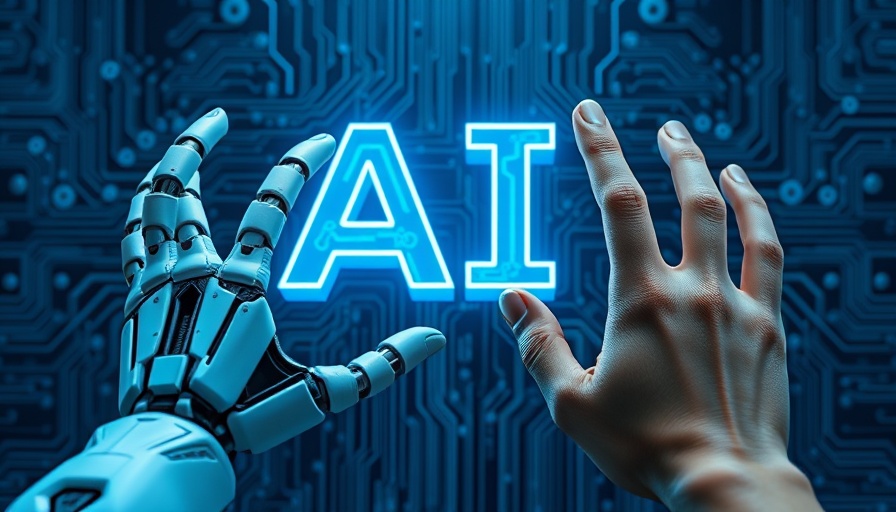
The Irony of AI in Dining Experiences
The dining sector is witnessing a race to integrate artificial intelligence (AI) into marketing strategies, a trend that promises efficiency and personalization but threatens to dilute the essence of personal connection. In today's technology-driven landscape, missed human nuances could create a chasm between restaurants and their most loyal patrons.
Understanding the AI Marketing Paradox
The term 'AI marketing paradox,' coined by Tiffany Nwahiri, highlights a contradictory reality: as AI facilitates outreach to broader audiences, it risks isolating restaurant brands from their clientele. Many consumers gravitate toward venues that curate human experiences; they remember the warmth of the greeting and the personal touch of staff who remember their favorite dishes.
The Cost of Automation: Dangers of Generic Branding
As brands prioritize rapid adoption of AI tools, they often fall victim to producing generic content that lacks authenticity. For instance, Mama Rosa's, a beloved local Italian spot, could lose its special touch if an AI automates its social media by posting dull, stock images instead of showcasing its handcrafted meals. This transformation may lead to customer alienation rather than brand loyalty.
A Particular Example of Backfire
Imagine the restaurant's automated system pinging regulars—those who savor homemade lasagna—with messages detailing imaginary promotions. While the intent may be to personalize, these messages can come off as robotic and disingenuous, stripping the dining experience of its charm and warmth.
Introducing Thoughtful AI Use
The challenge then becomes how to harness AI intelligently. Restaurants can utilize AI for behind-the-scenes efficiencies, such as menu optimization or smart reservation management, while focusing on storytelling that showcases the restaurant's character. By combining the efficiency of AI with heartfelt narratives, establishments can resonate more deeply with their customers.
Strategies for Success in the Age of AI
To protect authenticity, it’s essential for restaurants to maintain a human-driven marketing strategy. Share stories that create connections, like introducing the chefs behind seasonal specials or highlighting local farmers who supply ingredients. This engages guests, reminding them that they aren't attending a restaurant, but becoming part of a craft steeped in tradition.
Conclusion: Balancing Technology with Humanity
As restaurants navigate the complexities of integrating AI into their marketing strategies, the focus must remain on enhancing human connection. Fostering loyalty requires a blend of innovative technology paired with heartfelt storytelling—the true recipe for success in the dining experience.
 Add Row
Add Row  Add
Add 




Write A Comment